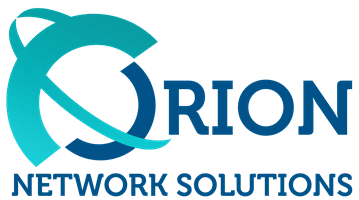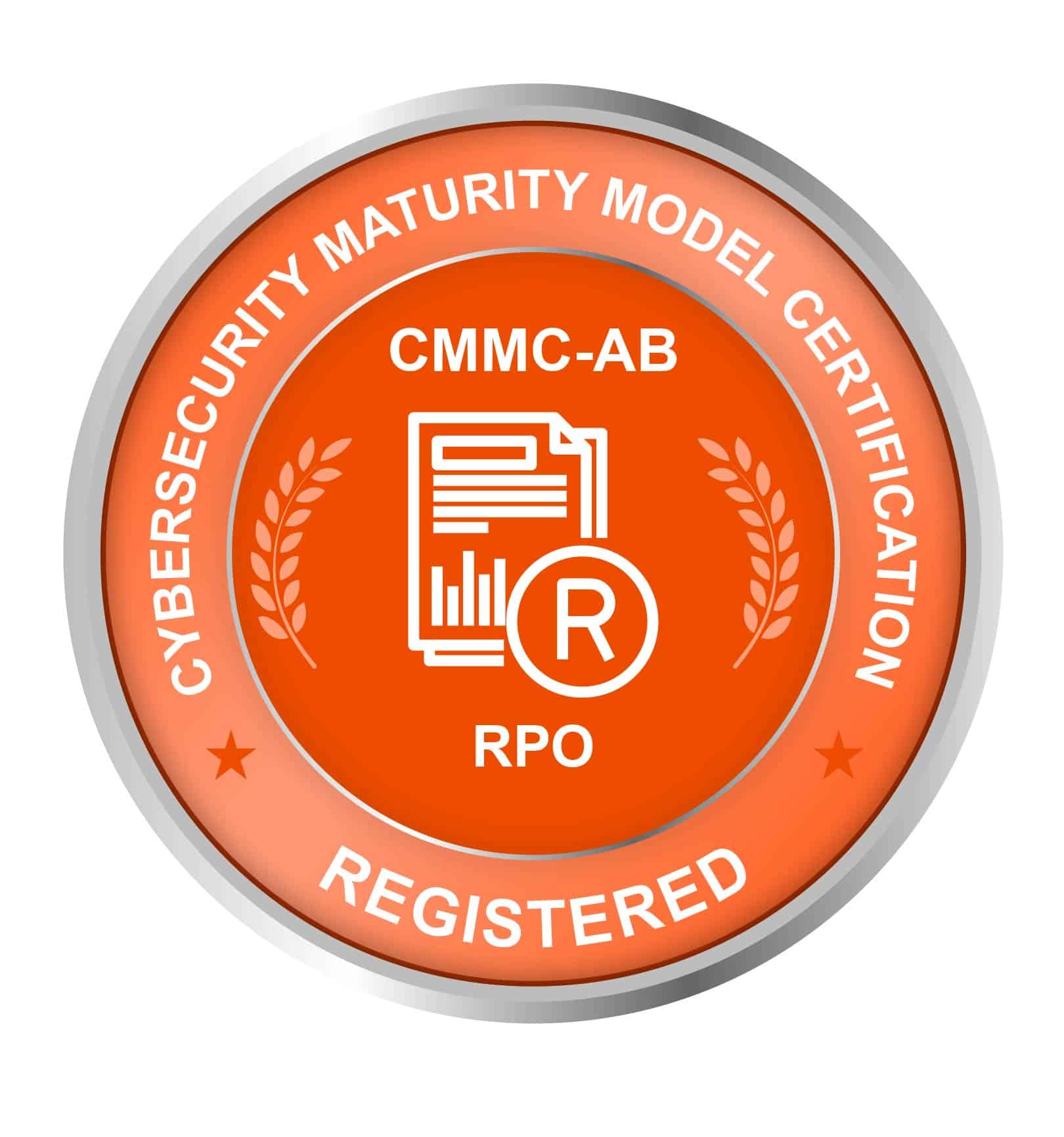Start-Up Organizations In Washington DC Call Orion For Hardware & Software Support
In today’s market, every business has a technology and data infrastructure. Computers networked with servers run software that handles the data. But where does this technology structure come from? How do you get your first one? Startups usually have a lot of room to grow and are often founded by one or two people – neither of whom may have the IT background to build the tech baseline their business needs. This is why startups often turn to a Managed IT provider for a unique service: To set up a business tech structure from scratch.
Earlier this month, a new client reached out to Orion with exactly this need. The client is a one-person startup in need of IT advisors and assistance in setting up the technology baseline system for their new business.


Startups and Starting Business Technology
Most startups begin on home computers. Over the years, the quality and capabilities of home computers have increased, but many of the limitations are still the same. On a home computer, you can run excel, design graphic flyers, and open cloud platforms. But you are limited to a residential network, non-specialized hardware, and a considerable concern for cybersecurity.
Startups often slip under the hacking radar unless they catch shotgun malware or pick up a fair volume of business. But as soon as you graduate to a small business, your risk of being hacked increases rapidly.
Ultimately, this all boils down to a critical threshold when your business is big enough to really get the wheels turning. Once you have any momentum, it’s time to make sure the IT stack of your brand new business is built the right way.
Startup Hardware Structure
Every technology infrastructure starts with the hardware structure. Think of the hardware as the steel beams on which everything is built. In a startup during the cloud era, however, you may find that your necessary in-office hardware is more compact than you might expect. When older companies are piling on cloud migration, startups have an edge with the opportunity to build most of their structure already on the cloud.
While hardware is now minimal in a business setup, it is still absolutely essential. Here are the areas to focus on when planning hardware for your startup.
Network Modem and Router
Begin at the internet connection. You likely have a cable modem allowing you to connect to a fast, reliable ground line of internet. The cable modem is the box given to you by the cable company. It plugs into the Coaxial in your wall. The second device is your router, which turns the cable internet signal into a network your laptop and phone can access.
You will want a high-quality commercial-grade router and can rely on your IT advisor to help you choose the right one for your business, budget, and expected traffic capacity. The router has its own internal computer. Properly configured, it doesn’t just serve as an efficient network for your office, it is also an essential part of your cybersecurity stack.
Personal Computers & Startup Staff Endpoints
The next step is personal computers, devices, and workstations.
In a startup, teams are usually small, sometimes just one solopreneur. This means you are probably not stocking an entire office of workstations, but just enough workstations and devices for your current team – plus one or two more you plan to hire in the near future.
Depending on your business, your focus on hardware endpoints may build around workstations – like a CAD and 3D printing station – or personal stations including a desktop, laptop, and mobile devices.
Smart-Home/Office Devices
Are you kitting out your startup office with smart home devices? Voice-activated gadgets and self-keeping calendars can be both helpful and fun in a modern office, and a startup is in the perfect position to “go smart” from the very beginning.
Your IT team can help you choose a functional and well-sized suite of smart office devices, change the default settings, and set up a separate 2.4ghz wifi network to isolate the somewhat less-than-ideal smart device security.
On-Site Servers (Mostly Obsolete)
A few years ago, on-site servers would be at the top of the hardware list. But with businesses now clamoring for cloud migration, very few businesses now install new on-site servers. However, your business model might need a small silo of data or a local test environment that is reached directly instead of through the cloud. If so, we can ensure your on-site servers are high-performance, built to your purposes, and completely locked down.
Startup Software Stack
Once your hardware structure is ready, it’s time to dive into software. Most startups today exist almost 100% through software management, cloud platforms, and online contact with your clients. In today’s business environment, the software makes up a major part of your essential business structure. Choosing the right software and building a secure, integrated stack is one of the primary things that a startup requires expert IT to build at the very beginning of the business’ lifespan.
Basic EMS Suite – From Accounting to Logistics
EMS stands for Enterprise Management System. This is everything you need for your business basics. Accounting, inventory, logistics, payroll, booking, and inter-office communication are all part of what a good EMS can do for you. For a startup without officers or departments to take care of these tasks, a good all-in-one business software suite is essential.
Digital Marketing Automation
Startup founders also rarely have time to DIY their advertisements by hand. Marketing automation is a must-have to streamline your outreach efforts and minimize the people you need on board to build and send out your early campaigns. You will want social media scheduling and an email marketing platform at a minimum, and there are some very nice small-team marketing automation programs available that your IT pros can help integrate into your startup stack.
Industry-Specific Software Solutions
Finally, your business may need very specific software. You might need A CAD rendering and design program. You might need a fleet management solution. Your industry might require software with special formulas or safety precautions built-in. Work with your IT team to identify the specific software you need and how to build it into your startup software infrastructure.
Startup Cybersecurity Measures
Finally, every startup needs cutting-edge cybersecurity. Fortunately, you don’t have any catching up to do. Your IT team can make sure your very first cybersecurity standards are built from the latest defenses, innovations, and security patches. Your software will be tightly configured for security in addition to the firewalls and virus scanning programs you have come to expect.
Securing the Home Network
Home network securing is absolutely necessary. We mentioned earlier how your router is an essential part of your cybersecurity defense. In fact, it is the first line of defense. A well-defended router can stop most suspicious activity from even entering your network using authority, ports, and switch technology.
Securing the Stack and Cloud Assets
Your stack will be fine-tuned and integrated together with your cloud-based platforms. Encryption from end-to-end and smooth information hand-over between programs ensures that your entire on-site and off-site business network is as safe as possible from the environment of hacker risks.
Securing Mobile Devices and Remote Team Members
If your team uses mobile devices – and most startups do – then you need to secure those phones and tablets. Take smart measures using strong passwords, blank lock screens, logout timeout software, and Find My Phone solutions in case of a lost or stolen device.
End-to-End Encryption
End-to-end encryption ensures that no matter where your data goes and over what channels, it will be secure and unreadable by unauthorized eyes. encryption turns your startup business data into calculated gibberish. Even if a hacker read your data in transit or hacked and stole an archive, the data would be completely useless do them. Where your router is the first line of defense, encryption is the last. Like an ink pack on a stolen shirt, your stolen data will prove useless even to successful hackers.
Orion Network Solutions is here to help small businesses and startups like yours build the foundation of technical structure for your business to grow and thrive. Contact us today to build your startup IT infrastructure or improve on the IT structure your business currently has.










